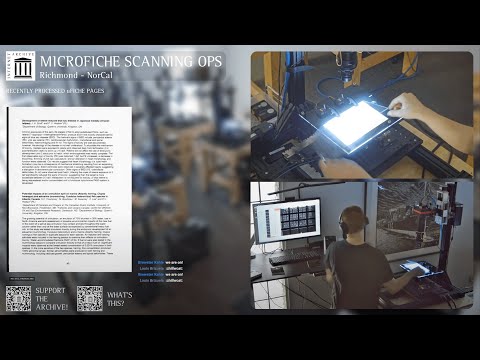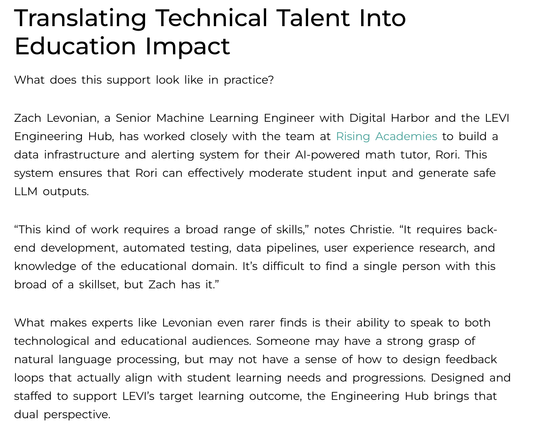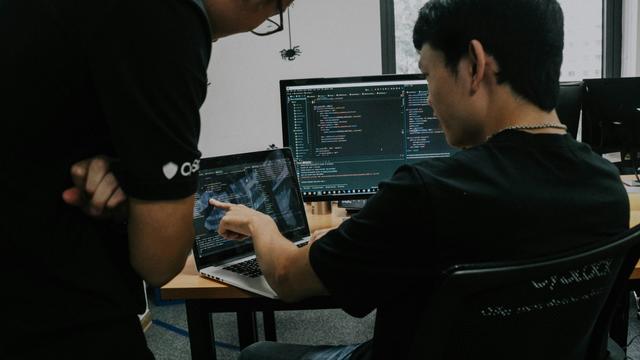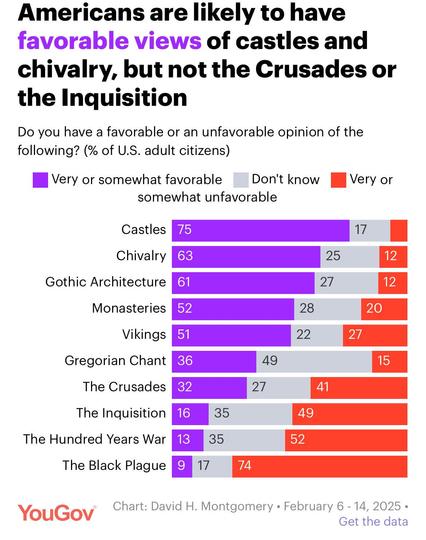INCREDIBLY excited to announce this: I collaborated with the Internet Archive to make a new 24/7 lofi livestream!
By day, you can see scanners scanning and what they're scanning, and when they're not scanning, you will see public domain silent movies and pictures. Sorta like an Internet Archive TV
Watch it LIVE here: https://www.youtube.com/watch?v=aPg2V5RVh7U





